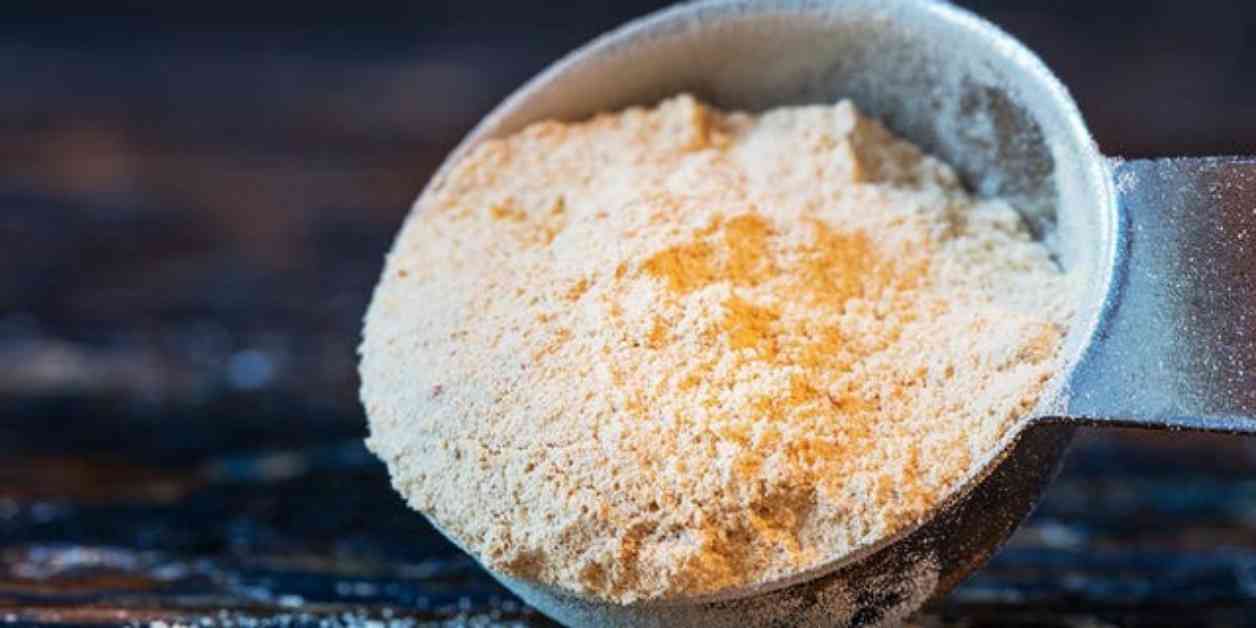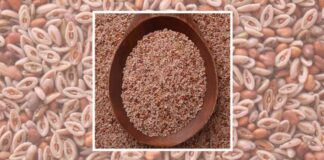Way up in the Andes mountains in Peru, you’ll find a beet-like plant called maca root, also known as Peruvian ginseng. Indigenous Peruvians have been using this plant for thousands of years as both food and medicine. Today, maca root is popular worldwide as a supplement powder due to its numerous health benefits. Jennifer House, R.D., founder of First Step Nutrition, explains that maca root is nutrient-dense and contains various bioactive compounds such as glucosinolates, sterols, polyphenols, and flavonoids that work together to have positive effects on health. In fact, in 2023, there were 1,401 products in the global market that contained maca.
The Basics of Maca Root
Maca root is a plant that belongs to the cruciferous vegetable family, similar to broccoli and Brussels sprouts. It is native to Peru and is rich in nutrients such as iron, amino acids, potassium, calcium, and other essential vitamins and minerals. Umo Callins, R.D., C.P.T., a sports dietitian with 180 Physique Nutrition and Fitness, explains that maca root is often processed into a powder that can be easily added to smoothies, oatmeal, nutrition bars, and baked goods. It is also available in capsule and extract forms for convenient consumption.
Health Benefits of Maca Root
Maca root is packed with fiber, vitamin A, vitamin B12, vitamin B6, calcium, magnesium, iron, and more. Its popularity stems from its potential benefits for fertility, energy, endurance, and sexual health. However, not all of these claims are backed by scientific evidence. Most studies on maca have been conducted on rodents or in test tubes, with promising results indicating potential anti-inflammatory, antioxidant, and anti-tumor effects. House notes that while maca has historically been known to improve fertility, research results are mixed. One study in men showed an improvement in seminal concentration but no significant differences in other sperm parameters. Another study found no significant difference in sperm concentration or hormone levels, except for a decrease in free testosterone in those taking maca compared to a placebo.
Risks and Safety of Maca Root
While the benefits of maca root may not be fully validated by scientific research, there are no serious adverse effects associated with its consumption. House emphasizes that maca has been consumed safely for many years with good tolerance by humans. If you are considering incorporating maca into your diet and are taking medications or have specific health conditions, it is essential to consult with your doctor or dietitian for personalized advice. It is always best to ensure that any supplements you take are safe and suitable for your individual needs.
Should You Supplement with Maca Root?
Incorporating maca powder into your diet may not be necessary if you already consume a balanced diet and maintain a healthy lifestyle. However, supplementing with maca can provide additional vitamins and minerals that contribute to overall well-being. House recommends sticking to the standard dose of 1,500 to 3,000 milligrams if you choose to supplement with maca. This can be achieved by consuming dried maca root powder or a water or ethyl acetate-based maca extract. To ensure that you are purchasing a quality product, look for third-party testing to verify that the supplement meets quality standards.
In conclusion, maca root is a versatile and nutrient-rich supplement that offers potential benefits for fertility, energy, endurance, and sexual health. While scientific research on its efficacy is ongoing, maca has been consumed safely for centuries with minimal adverse effects. Whether you decide to supplement with maca or not, it is essential to prioritize a balanced diet and healthy lifestyle to support your overall well-being. If you choose to incorporate maca into your routine, be sure to consult with a healthcare professional to ensure it is suitable for your individual needs.

















